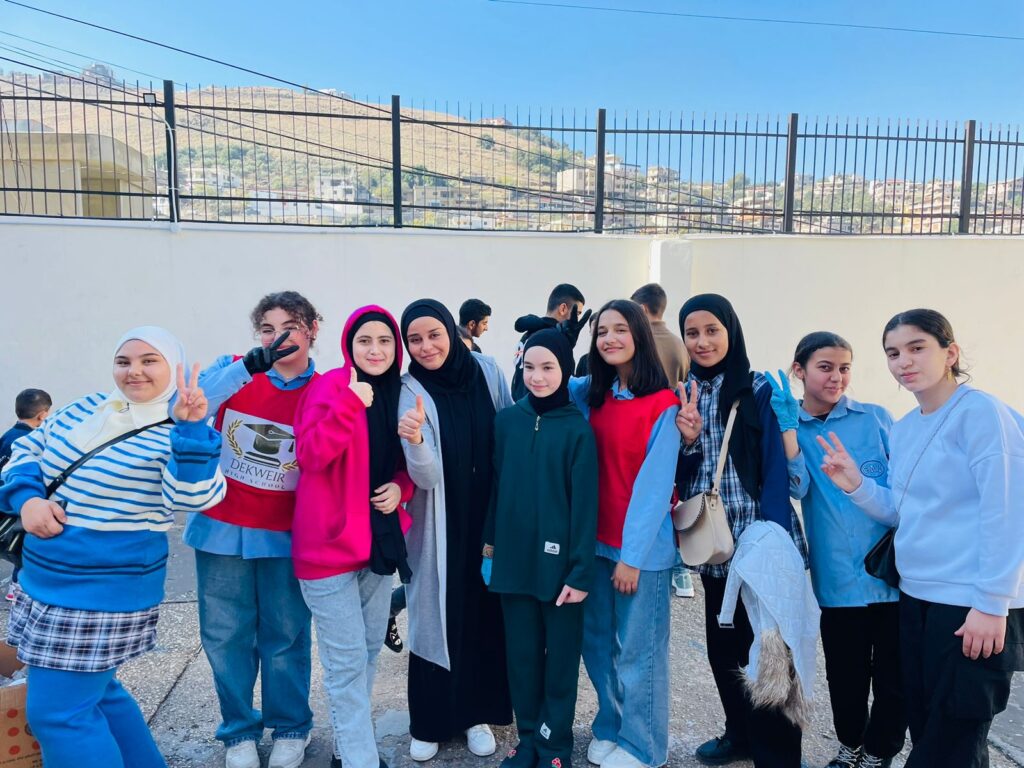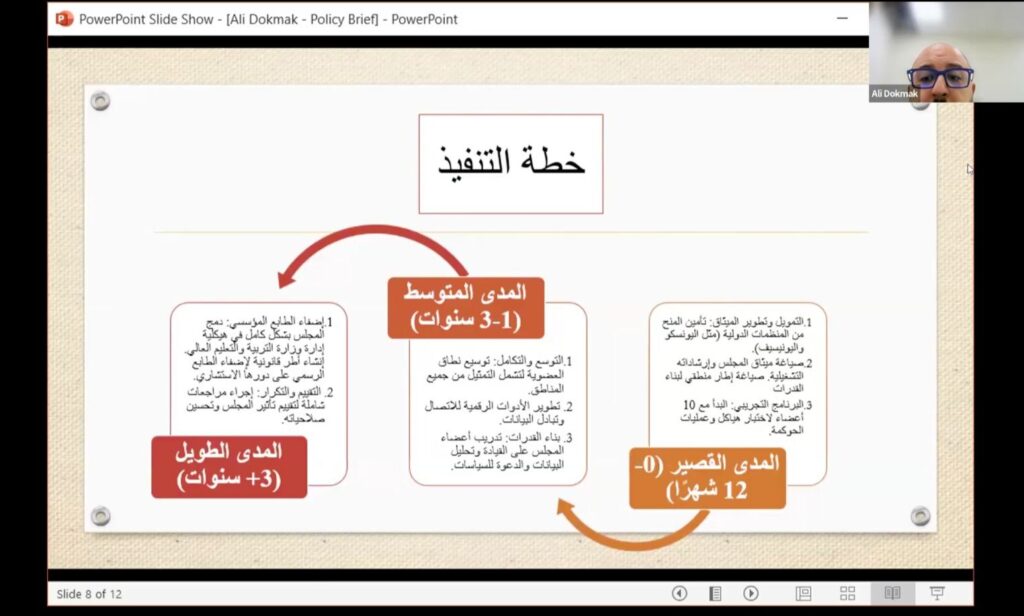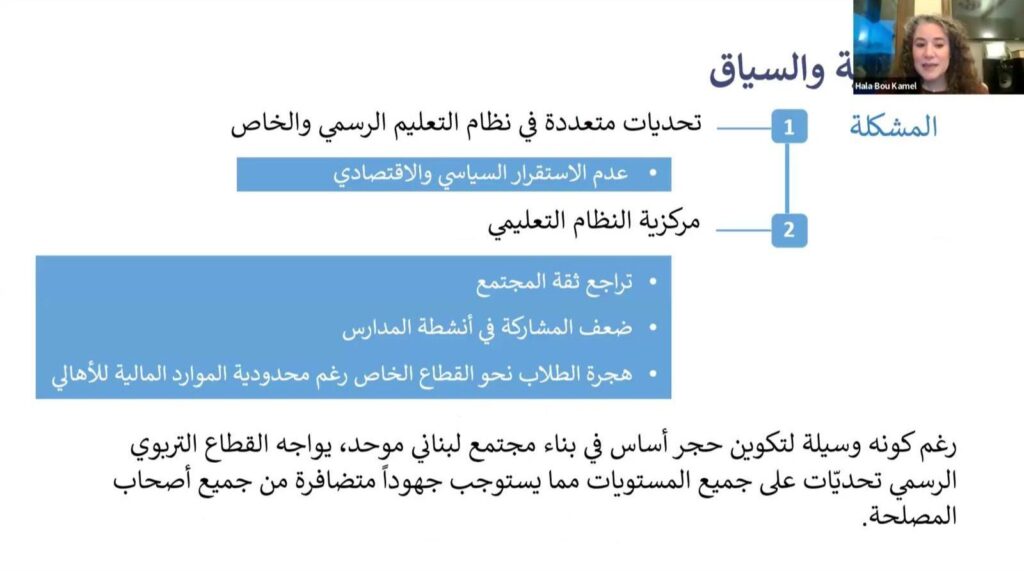As we close an important chapter of immediate response, we step forward with fresh initiatives, partnerships, and stories of community resilience to share. Read on to learn how these efforts are helping shape stronger, more connected communities across Lebanon.
Strengthening Communities: The Impact of Our Emergency Response
The recent war and ongoing violence in Lebanon has left a lasting impact on students, disrupting their sense of safety, stability, and community. In response, nafda launched an emergency initiative focused on three key areas: ensuring uninterrupted learning, fostering social cohesion, and supporting well-being through citizenship and community-building efforts.
Through this effort, more than 215 teachers across 49 diverse schools have been equipped with the skills and resources to lead a range of activities—some focused on collaborative teamwork, others on group discussion or community initiatives.
These interventions are creating safer, more supportive environments where students can rebuild confidence, strengthen peer relationships, and engage more actively in their communities. This initiative is projected to positively impact over 15,000 students across Lebanon, with activities continuing in the months ahead. Recognizing the ongoing challenges, nafda remains committed to providing sustained support, fostering resilience, and restoring hope.
We are deeply grateful to the many generous supporters, including but not limited to the Dr. Jeno Stahelin Foundation, Fonds de Donations France Liban, (FdFL), SEAL, and LIFE (thanks to the ‘Rossy Foundation Fund at Myriad Canada, a Canadian charitable organization)—who responded to our emergency appeal and made this work possible.
We also extend heartfelt thanks to the organizers and attendees of Souk Li Beirut in Washington, D.C., whose generosity reflects the diaspora’s steadfast commitment to Lebanon and helped fuel our broader mission during this critical time.
“We’ve noticed fewer conflicts and a stronger willingness to resolve issues through discussion rather than arguments. I feel like I understand my students better now, and they trust me more.”— Teacher who carried out emergency response activities.

Transforming Containers into Digital Hubs
We are proud to share that through our partnership with the CMA CGM Foundation, 5 schools have been transformed with state-of-the-art STEAM labs, providing hands-on experiences in coding, robotics, and problem-solving.
89 teachers have been trained to integrate STEAM into their classrooms, benefiting over 700 students. These labs foster creativity and an entrepreneurial mindset, rooted in tackling the challenges faced by their local communities, empowering students to innovate and create solutions for their communities. Among the innovations that students have developed are an automatic watering system to support school ecology. The students also used the web development skills to support families forcibly displaced by the war, regularly updating a website with housing options and rentals for displaced families in different regions.
Collaborating with Master's Students from the American University of Beirut (AUB): From Policy to Practice
We’re excited to share that we are collaborating with students from AUB’s Department of Education, pursuing a Master’s in Education Leadership and Policy Studies. As part of their academic journey, these graduate students have been developing theoretical policy briefs aimed at improving education in Lebanon. Now, they’re taking it a step further by working closely with nafda school principals to bring these policies to life through hands-on implementation hubs.
Each principal will join a hub — a collaborative space where local educators, facilitators, and community leaders come together to exchange ideas, co-design solutions, and take action. These hubs will serve as a base for testing and adapting education policies on the ground in order to influence policy decisions at the national level.


A Second Call to Stand with 180 Youth: Let’s Keep Agripreneurship Growing
The Roots of Change: Leveraging Youth Agency through Agripreneurship (LYAA) initiative remains active and deeply committed to the 180 students across 6 schools, despite the sudden cuts from the U.S. State Department funding. These students are still committed to developing agricultural social enterprises that blend sustainability, innovation, and community impact.
